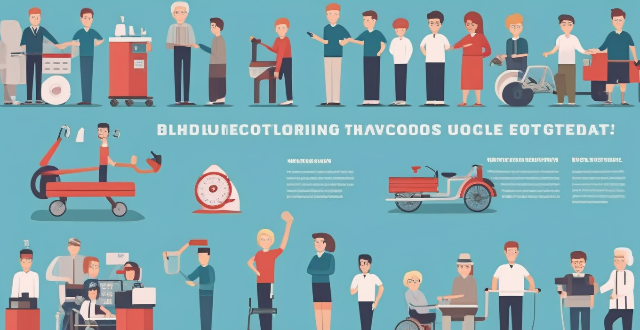Sports diplomacy is a powerful tool for improving international relations by using sports as a universal language to break down barriers, promote peace, and foster understanding. This can be achieved through organizing international events and cultural exchange programs, supporting youth exchanges and community-based initiatives, involving influential sports figures in diplomatic missions, and utilizing media and public platforms to engage wider audiences. By leveraging the power of sports, nations can improve their relationships in a constructive and engaging manner, serving as a soft power strategy with far-reaching benefits.

Leveraging Sports Diplomacy to Improve Relations Between Nations
Sports diplomacy, the use of sports as a tool for fostering international relations, can be a powerful instrument for improving connections between nations. Here's a detailed exploration of how this can be achieved:
Understanding the Power of Sports
- Breaking Down Barriers: Sports have a universal appeal that transcends language and cultural differences. It provides a common ground where people from different nations can come together and engage in friendly competition or camaraderie.
- Promoting Peace: Historically, sports events like the Olympic Games have been used to promote peace and understanding during times of conflict. The spirit of sportsmanship can help bridge divides and initiate dialogue.
Implementing Sports Diplomacy
Organizing International Events
- Multinational Tournaments: Hosting tournaments that involve teams from various countries can encourage interaction and mutual respect among participants.
- Cultural Exchange Programs: Alongside sports events, cultural programs can be organized to provide deeper insights into different ways of life, further enhancing mutual understanding.
Supporting Grassroots Initiatives
- Youth Exchanges: Encouraging youth from different nations to participate in sports activities can create bonds at an early age, paving the way for future cooperation and friendship.
- Community-based Programs: Local sports initiatives that include foreign participants can help integrate communities and break down local barriers to international relations.
Diplomatic Missions through Sports Figures
- Ambassadorial Roles: Assigning prominent athletes as ambassadors can use their influence to promote goodwill and diplomatic efforts between nations.
- Involving Political Leaders: Engaging political leaders in sports events can demonstrate commitment to international rapport and set an example for bilateral engagement.
Media and Public Diplomacy
- Positive Coverage: Ensuring that sports events receive positive international media coverage can enhance national images and improve public opinion towards other nations.
- Public Engagement: Using social media and public platforms to share stories of international sports cooperation can engage wider audiences and promote good relations.
Conclusion
By leveraging the universal language of sports, nations can improve their relationships in a constructive and engaging manner. Through organizing international events, supporting grassroots initiatives, involving influential figures, and utilizing media effectively, sports diplomacy can serve as a soft power strategy with far-reaching benefits.